Sports Nutrition
Learn how to guide athletes on how to improve their nutrition. To see when interventions are necessary. And what kinds of interventions are needed. You learn about nutrition and dietetics. Exercise and nutritional physiology. All about metabolism. And more.

The program in a nutshell
Your classes and workshops take place mainly on Tuesdays and Fridays. You also have practical work, excursions and/or guest lectures on Wednesdays or Thursdays. You learn about nutrition. Nutrition physiology. Exercise physiology. And health education.
You undertake several knowledge tests throughout the exchange program. And put that knowledge into practice in 4 small group interventions. You think up an individual coaching plan. Your final assignment: plan out and conduct your own sports nutrition program for an individual (competitive/extreme/recreational) athlete.
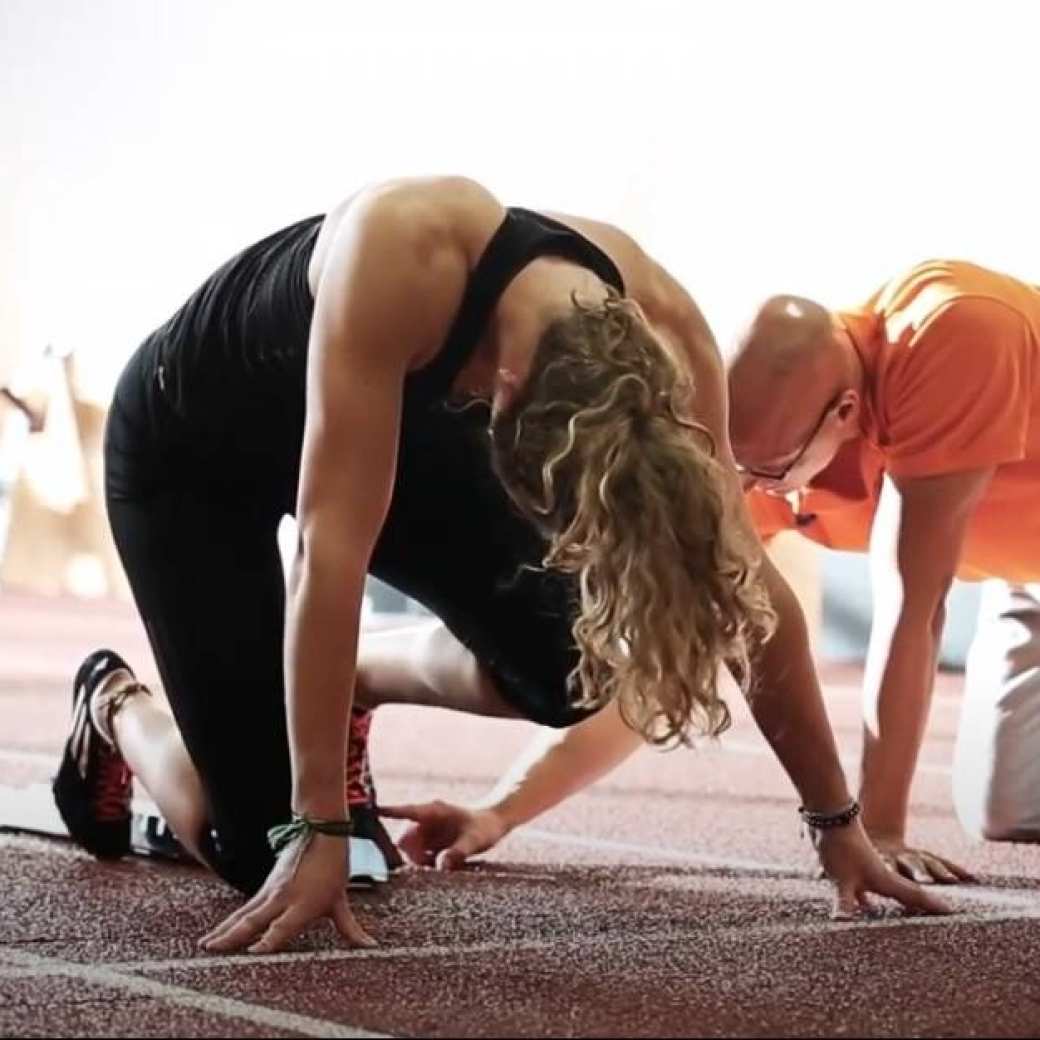
Program details
Learning outcomes
By the end of the exchange program in Sports Nutrition you can:
- Provide individual advice and guidance in sports nutrition
- Design and run a group consultation for athletes about sports nutrition

Competences
You strengthen these competence areas during the program:
- Coach individuals on sports nutrition
- Consult individuals, groups on sports nutrition
- Develop sports nutrition knowledge
- Share and apply knowledge
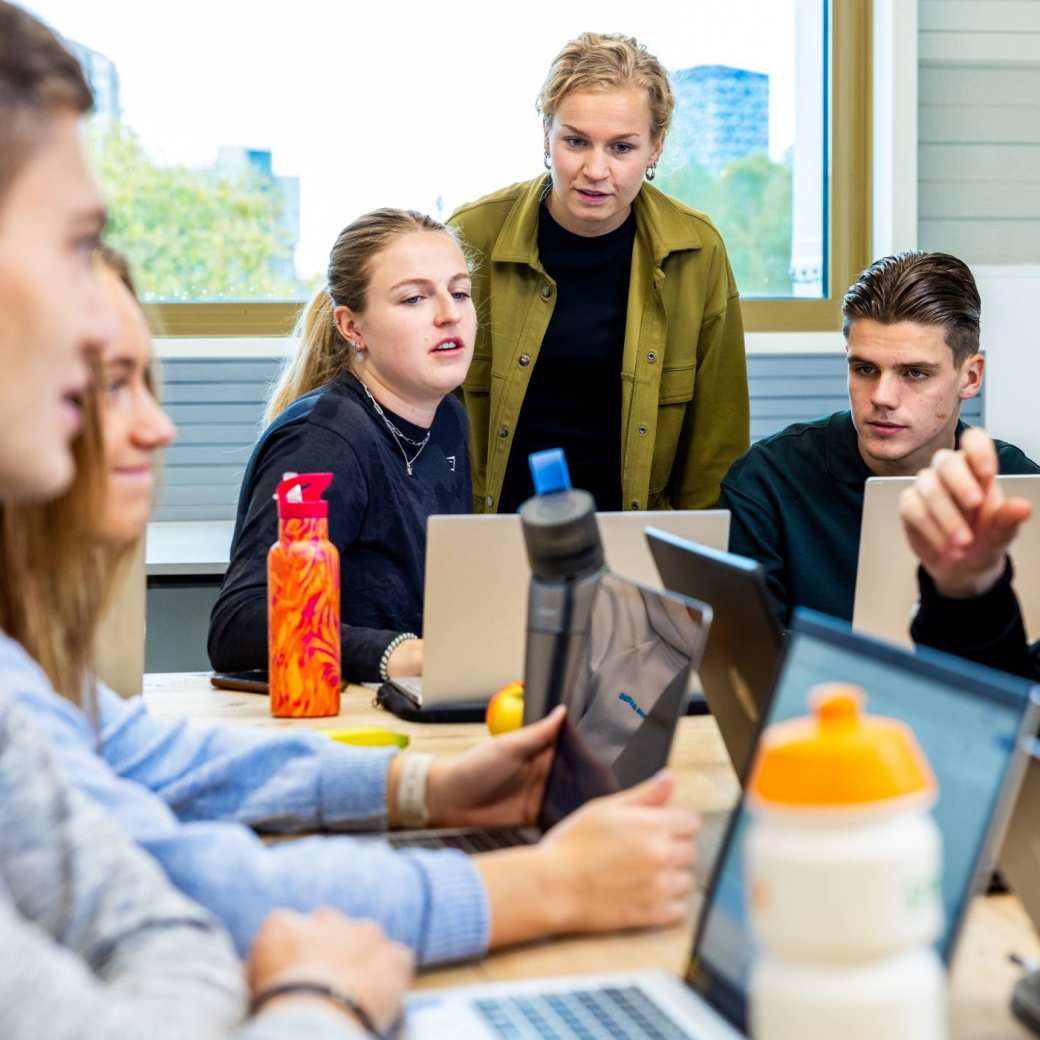
Dutch way of learning
The atmosphere in a Dutch classroom is quite informal and your lecturers are easy to talk to. In fact, at HAN you’re seen as a partner in the learning process. Class sizes are small and your lecturers encourage you to actively participate in class. To ask questions and give your own opinion. They also stimulate you to be creative and to discover things for yourself.
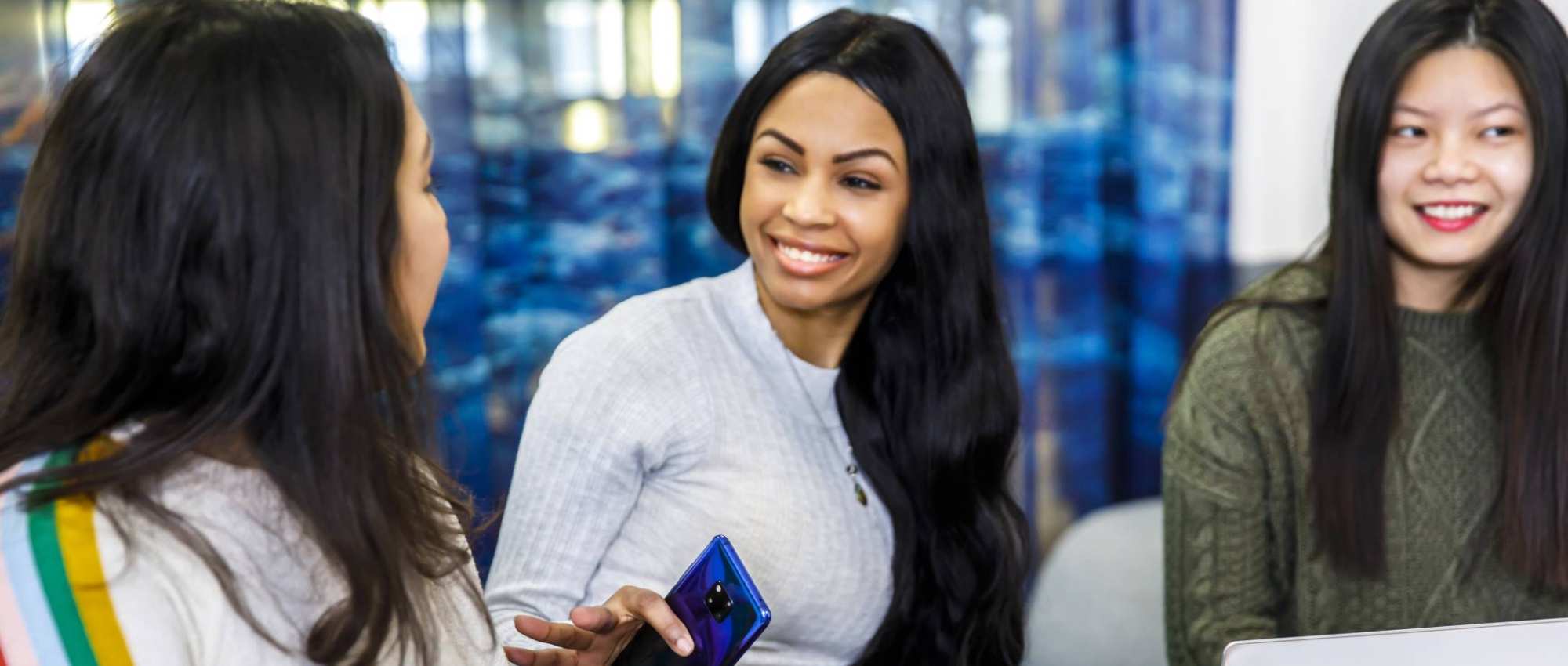
HAN International Intro
Get a good start to your studies during this week of orientation:
- learn about living in the Netherlands
- become familiar with the campus
- get on board with your exchange program
- make new friends!
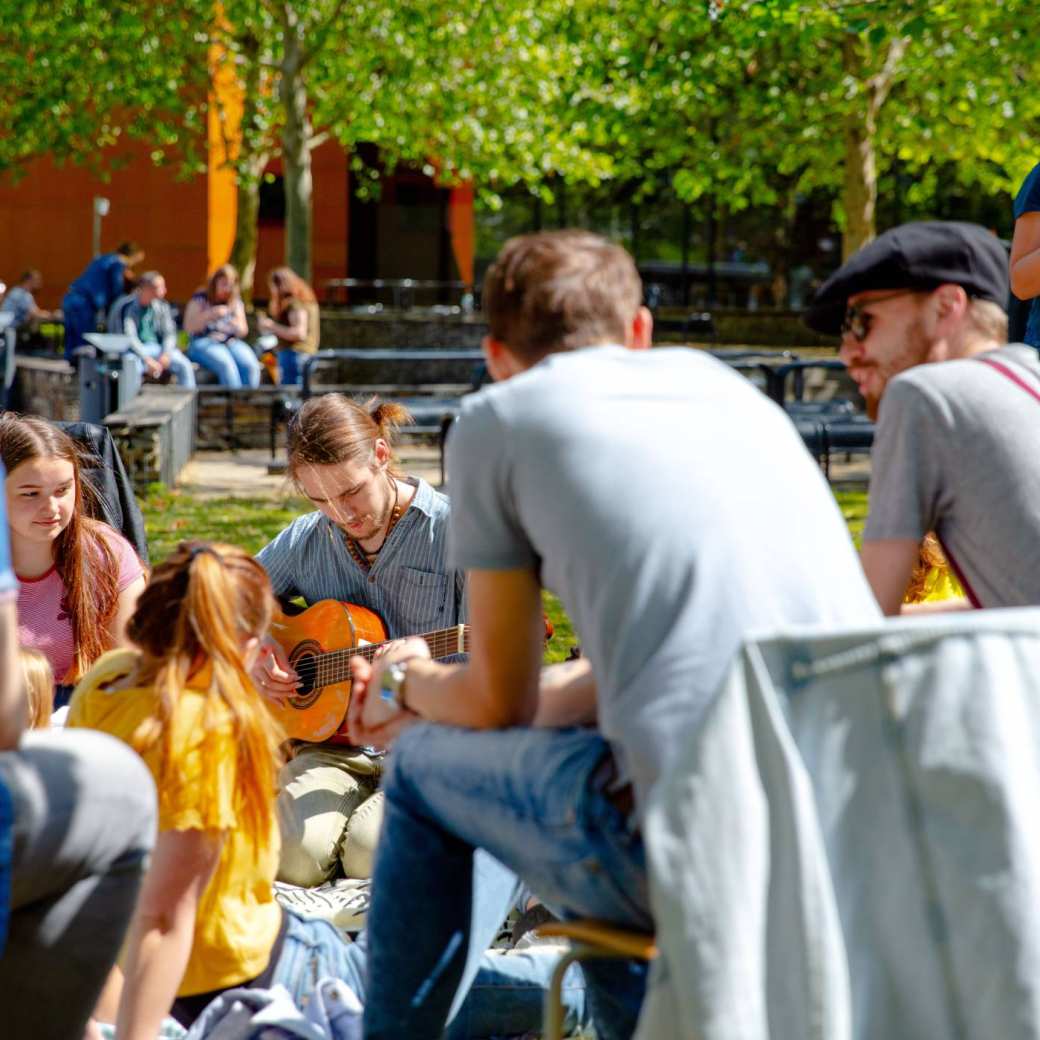
What about credits and grading?
At HAN we use the European Credit Transfer and Accumulation System, or ECTS. It’s the standard credit system used in higher education across Europe. How does it work? One credit = 28 hours of study. Think of contact hours. Time spent working on assignments. Preparing for exams.
One semester = 30 credits = 840 hours of study. To earn credits, you need to pass your exams. What counts as a pass? A grade of at least 5.5.
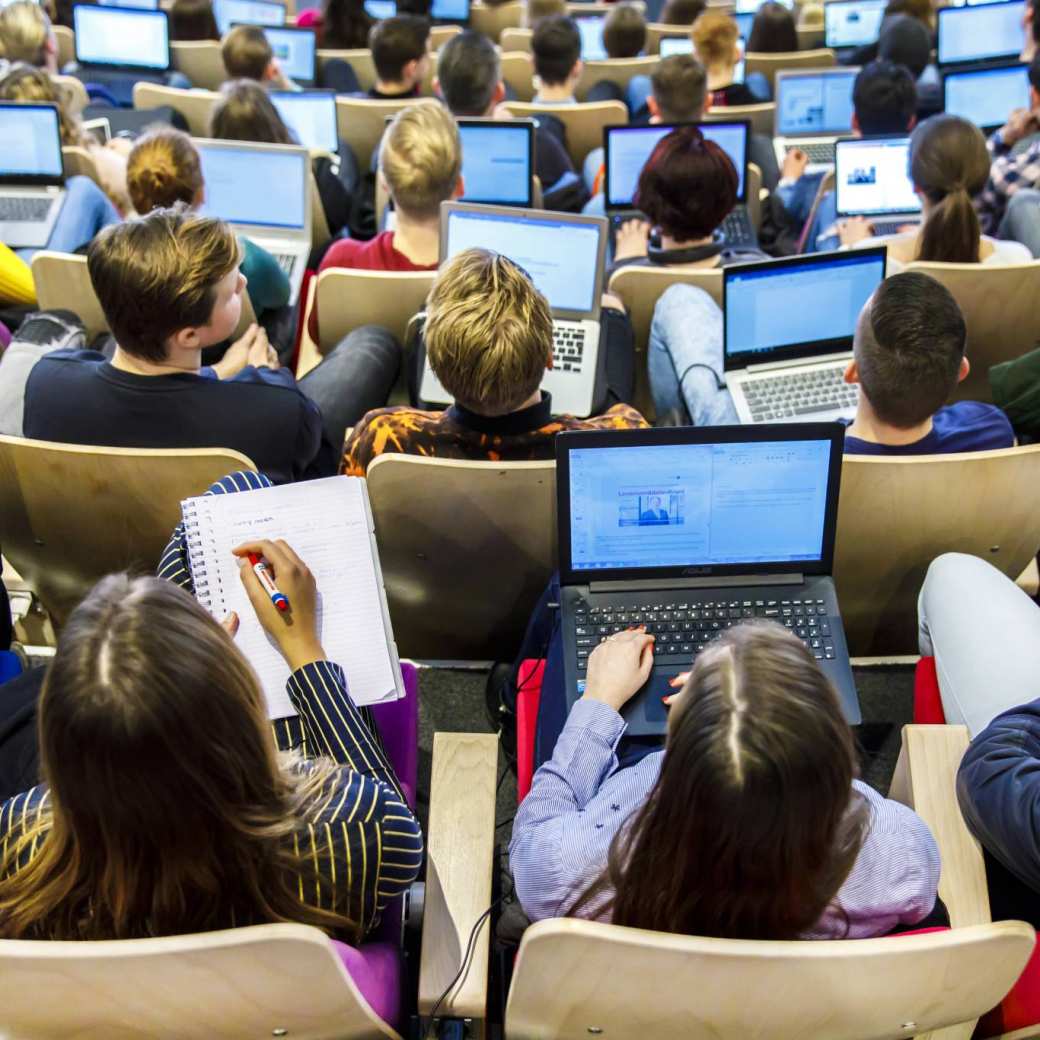
Admission
What are the admission requirements? And how do I apply?
